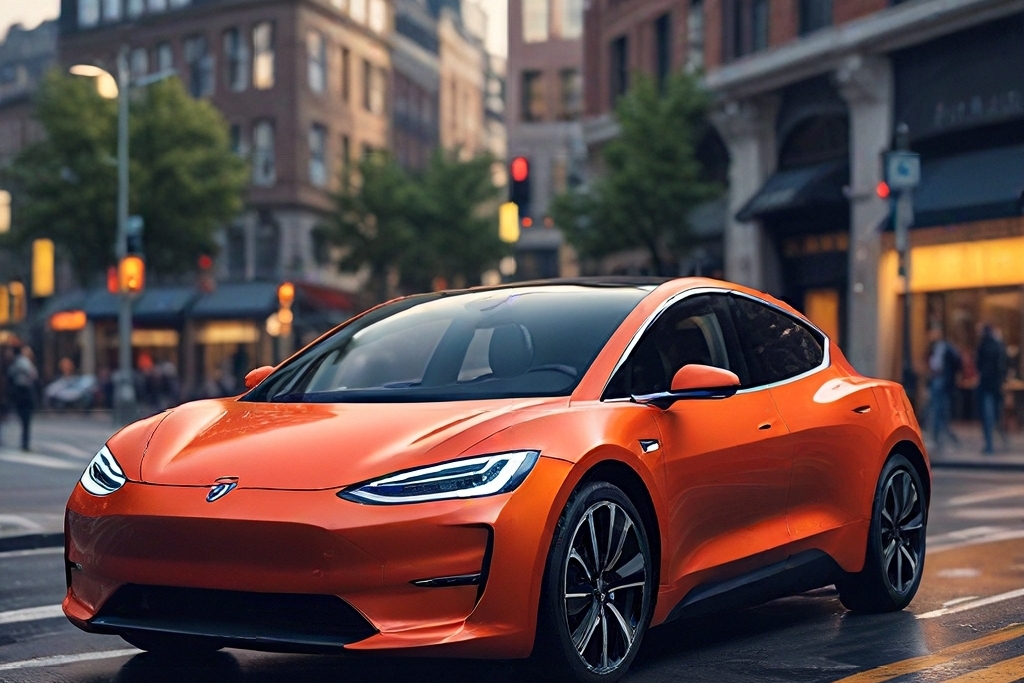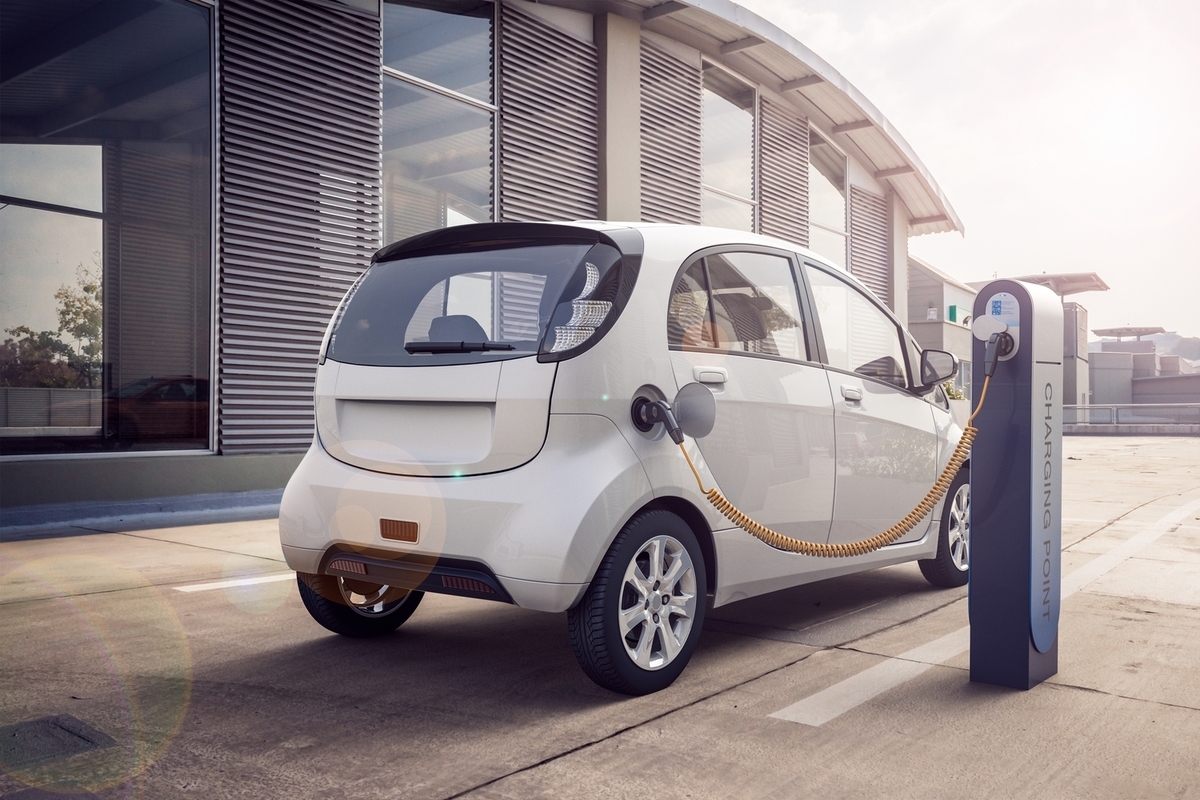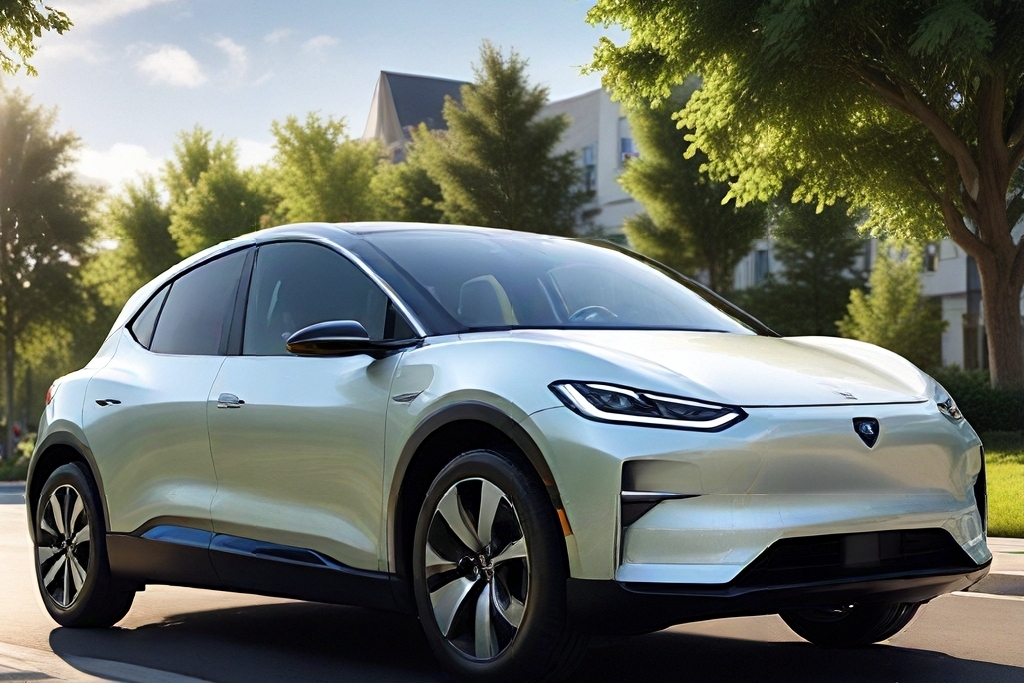A Senior's Guide to Electric Vehicle Expenses in the UK
This comprehensive guide explores the costs and benefits of electric vehicles for seniors in the UK. It covers upfront expenses, ongoing savings, government incentives, charging options, and top models suitable for older drivers. The article highlights how EVs can be a cost-effective, eco-friendly choice for retirees, with detailed financial comparisons and practical tips for making the transition smooth and affordable.

Understanding Electric Vehicle Expenses for Senior Citizens in the UK
As the UK adopts cleaner transportation options, electric vehicles (EVs) are becoming increasingly popular. For older drivers considering a switch, understanding the associated costs is essential. From initial purchase prices to ongoing savings, this guide details the financial considerations of owning an electric car for seniors across the UK.
Advantages of EVs for Older Drivers
Reduced Operating Costs – Electric cars typically cost less to fuel and maintain than traditional petrol or diesel vehicles.
Government Support – Various grants and tax exemptions ease the financial burden.
Driving Comfort – Many EVs feature automatic transmissions, simplifying driving for seniors.
Environmental Benefits – Transitioning to electric reduces carbon emissions, supporting eco-conscious living.
Initial Purchase Costs of Electric Cars
Prices vary based on model, battery capacity, and brand. Here are some approximate starting prices for popular options suitable for seniors:
| Model | Price Range | Range (miles) | Charging Time (Home Charger) |
| Nissan Leaf | £2,000 – £30,000 | 168 – 239 | 7-8 hours |
| Renault Zoe | £29,995 | 238 | 8-9 hours |
| MG ZS EV | £29,495 | 273 | 6-7 hours |
| Hyundai Kona Electric | £32,450 | 300 | 9-10 hours |
| Tesla Model 3 | £39,990 | 305 | 7-9 hours |
Ongoing Expenses and Savings
One of the main benefits of EVs is their lower operating costs compared to traditional vehicles.
Electricity and Fuel Costs
Charging at home costs approximately £10-15 per full charge, which is much cheaper than petrol or diesel refills.
Public rapid chargers might cost around 30-40p per kWh.
Maintenance and Servicing
EVs have fewer moving parts, leading to reduced maintenance expenses:
No oil changes needed
Fewer brake pad replacements thanks to regenerative braking
Overall less wear and tear
Road Tax and Insurance
EVs are currently exempt from road tax.
Insurance may be slightly higher due to battery costs, but providers often offer competitive rates, especially for seniors.
Government Incentives
The UK government promotes EV adoption through various financial incentives:
Plug-in Car Grant: Up to £2,500 off on eligible models.
EV Home Charging Scheme: Up to £350 towards installing a home charging station.
London Congestion Charge Exemption: Electric vehicles are exempt, saving up to £15 daily.
Charging Options for Seniors
Accessibility is vital for older drivers. Charging solutions include:
Home Charging Units: Convenient at home, costing £500-1,200 after grants.
Public Charging Stations: Available at supermarkets, parking lots, and motorway services.
Rapid Chargers: Capable of 80% charge in 30-40 minutes.
Cost Comparison: Electric vs. Petrol Vehicles
| Expense Type | Electric | Petrol |
| Annual Fuel/Charging | £400-£600 | £1,200-£1,800 |
| Road Tax | £0 | £150-£300 |
| Maintenance | £200-£400 | £500-£700 |
| Insurance | £500-£1,000 | £400-£900 |
| Total Annual Cost | £1,100-£2,000 | £2,100-£3,700 |
Top Electric Vehicles for Senior Drivers in the UK
Nissan Leaf – Easy to operate, reliable, and budget-friendly.
Hyundai Kona Electric – Long-range capabilities and compact design.
MG ZS EV – Affordable and spacious.
Renault Zoe – Perfect for city commuting.
Tesla Model 3 – Features advanced tech and autopilot options.
For older drivers in the UK, electric cars offer a cost-effective, eco-conscious transportation alternative. While purchase prices may seem high initially, savings on fuel, maintenance, and taxes make EVs an excellent long-term investment. Government incentives further streamline the switch, making EVs a practical and sustainable choice for retirees seeking efficient mobility.










